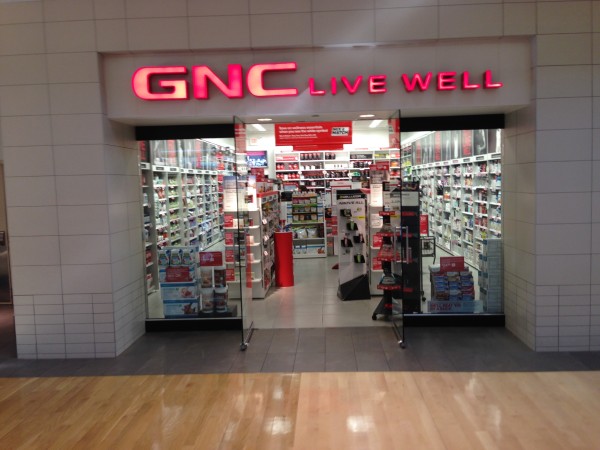Recently, Anahad O’Connor wrote “What’s in Those Supplements” for the New York Times. In the article she reports on how the New York State attorney general’s office accused four national retailers of, “Selling dietary supplements that were fraudulent and in many cases contaminated with unlisted ingredients.”
The authorities said they had conducted tests on top-selling store brands of herbal supplements at four national retailers — GNC, Target, Walgreens and Walmart — and found that four out of five of the products did not contain any of the herbs on their labels.
Even though dietary supplements are exempt from the strict regulatory oversight applied to prescription drugs, that doesn’t mean that retail and drugstore chains can deliberately sell misleading herbal products. “And at GNC, the agency said, it found pills with unlisted ingredients used as fillers, like powdered legumes, the class of plants that includes peanuts and soybeans, a hazard for people with allergies.”

“Mislabeling, contamination and false advertising are illegal,” said Eric T. Schneiderman, the state attorney general. “They also pose unacceptable risks to New York families — especially those with allergies to hidden ingredients.”
At first it was assumed that only small companies on the fringes of the market were culpable, but “If this data is accurate, then it is an unbelievably devastating indictment of the industry,” said Dr. Pieter Cohen, an assistant professor at Harvard Medical School and an expert on supplement safety. “We’re talking about products at mainstream retailers like Walmart and Walgreens that are expected to be the absolute highest quality.”
The F.D.A. requires that companies verify that every supplement they manufacture is safe and accurately labeled. But the system essentially operates on the honor code. That’s why we are so particular about the supplements that we recommend to our clients.
